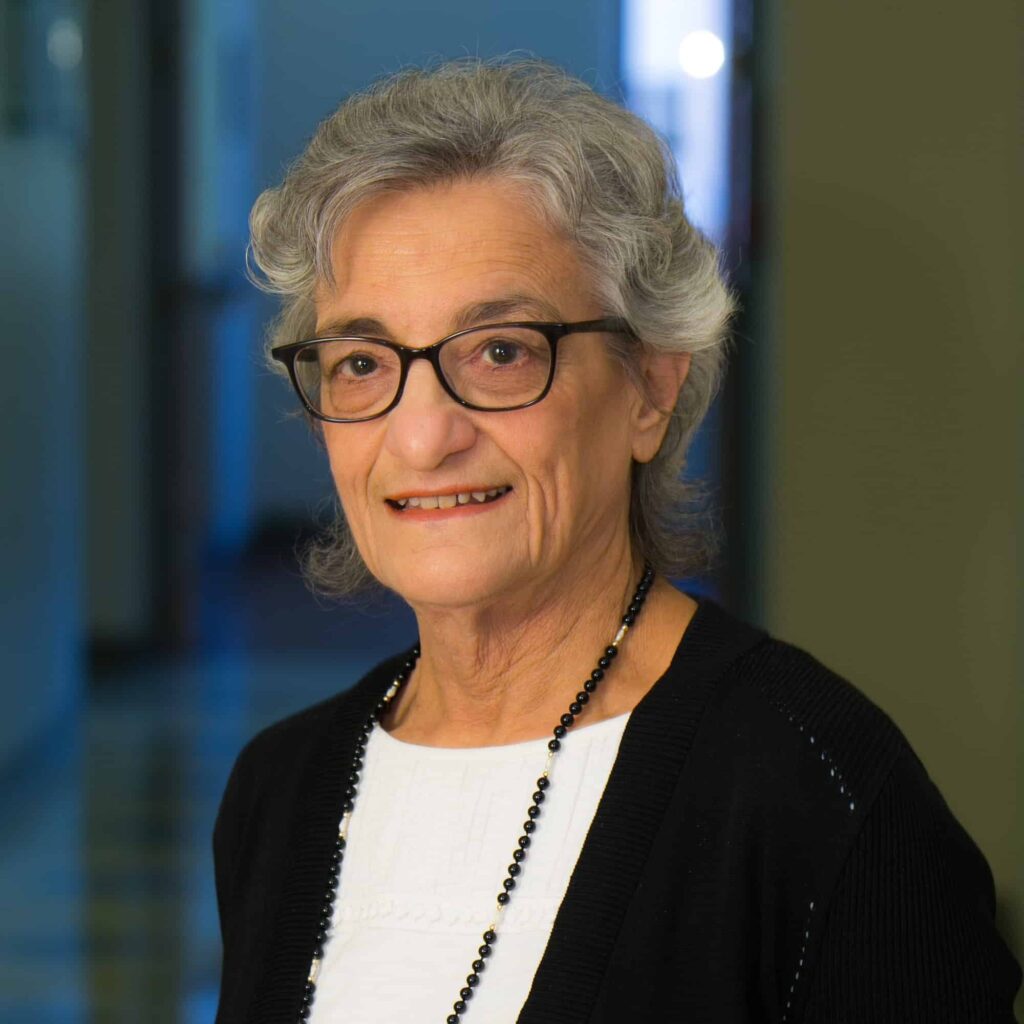By Eric Ruble
Since its founding in 1998, METRANS Transportation Consortium has been at the center of transportation scholarship. This year, a new leader is set to take the helm of the prestigious research center.
Professor Genevieve Giuliano has directed METRANS since 2001, after founding director Randy Hall. Since then, Giuliano has built METRANS into a collaborative environment where innovation thrives. In July 2022, Marlon Boarnet will begin his term as the center’s director.

(Photo: Thomas Queally)
Boarnet, USC Price professor and the chair of its Department of Urban Planning and Spatial Analysis, has served on METRANS’ Executive Committee for a decade.
There are three central themes he plans to focus on as director: sustainability, technology, and equity and social justice.
“My goal is to continue the METRANS tradition of being a clear, transparent and valuable partner,” said Boarnet. “METRANS is incredibly strong, and it’s energizing to think about how you can build from something with such a prestigious track record. Following in the footsteps of somebody like Gen Giuliano is both an honor and, of course, a little daunting. I’m tremendously excited about this role.”
A unique hub for freight research
METRANS is one-of-a-kind. Located near the busiest port complex in the Western Hemisphere, the center has unparalleled access to the agencies, companies and politicians who keep the port running.
“From the very beginning, we were a very different kind of model,” Giuliano said. “We were able to create a reputation pretty quickly because we were ‘the people who did freight research.’ There was also the fact that we were a joint operation with USC Viterbi from the beginning, which was quite unusual, and the fact that we partnered with Cal State Long Beach, which was really unusual!”
The research center’s areas of study are vast. For example, one of METRANS’ recent studies showed that people of color are exposed to more air pollution; another examined how dockless scooters are changing short-distance travel.
Beyond its obvious ties to Southern California, METRANS also established a global presence that Boarnet looks forward to continuing.
In 2006, Giuliano founded the International Urban Freight Conference. The event, which occurs every other year, draws professionals and academics with backgrounds in business, economics, engineering, public policy, planning and beyond. One-third of participants are from outside the U.S.

Boarnet shared, “I absolutely want to maintain the strengths of the International Urban Freight Conference and expand in ways that position METRANS for the future. As we’ve all seen over the past two years, supply chains are global. We have many opportunities to advance international scholarship.”
A three-pronged approach for the future
METRANS’ research is policy relevant. A major focus of the center is research that provides guidance for policymakers at all levels. To that end, Boarnet is intent on METRANS remaining a vital resource for decision-makers by positioning it at the forefront of the most pressing issues in the transportation world, including climate change.
Boarnet, who serves on USC President Carol Folt’s Presidential Sustainability Working Group, says METRANS has a responsibility to help governments and businesses develop solutions.
“Meeting the climate challenge will require decarbonizing the transportation system,” he said.
Technology advancements will also be part of METRANS’ future research. Already, transportation norms are being disrupted thanks to ride sharing, micromobility such as scooters and e-bikes, and automation.
“We’re in a moment of a lot of great possibility and a lot of churn,” he said. “The private sector is still trying to figure out what model will be profitable for many of these new technologies.”
Finally, Boarnet said equity and social justice must be at the forefront of METRANS’ work. He explained that transportation systems have often been used to reinforce discrimination and segregation. He pointed to the interstate highway system being built through communities of color.
“We have to think about how we can take a transportation system that has reinforced structural barriers and have that system be a tool to help pull down those structural barriers,” he said.
Boarnet made it clear that METRANS’ goals will continue evolving as he has conversations with faculty, students, the private sector and government agencies.
“It’s really important to reach out to people and hear what they’re thinking about and then revise your thinking,” Boarnet said.
Giuliano says Boarnet’s pragmatic approach and years of experience at METRANS will make him an outstanding leader in the consortium’s next phase.
“He’s very familiar with what’s going on and has been a great contributor to METRANS. I’m very confident that he will do a great job,” Giuliano said. “I see METRANS doing nothing but growing and attracting more students because there’s so much interesting stuff going on in the transportation world.”
Transportation is always evolving and METRANS will continue changing with it. By preserving its principles of sound research, transparency and collaboration, the center will only build its influence in the years to come.
